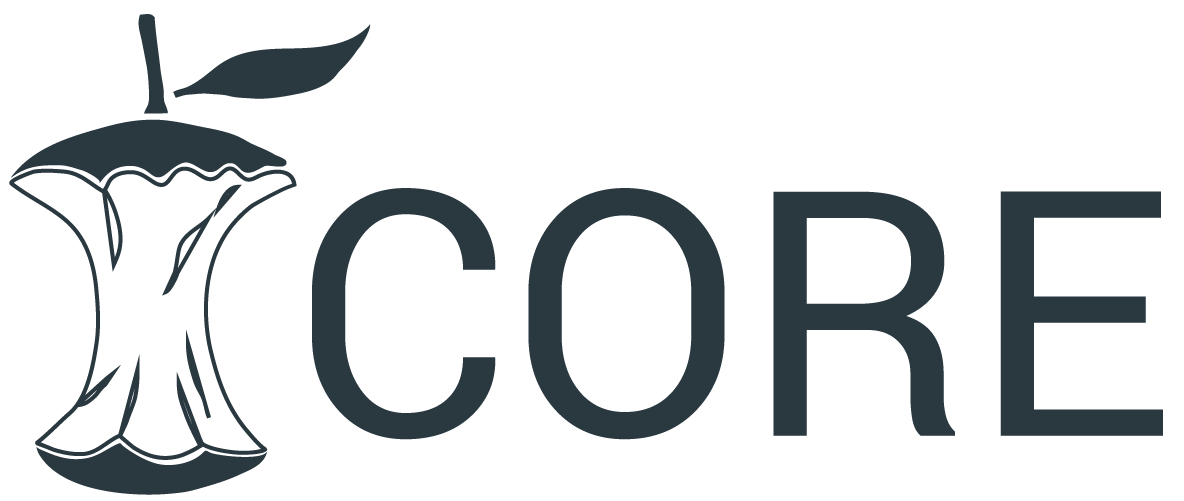Journalism on digital platforms
Synopsis
Through a multifaceted approach, this chapter examines how digital platforms have impacted contemporary journalism. It contextualizes the transition from traditional to digital journalism and highlights the role the Internet has played in transforming the ways information is produced, disseminated, and consumed. Through a theoretical and documentary review, the chapter explores key elements of the digital information ecosystem, including technological convergence, new narrative formats, data visualization, and immersive journalism. The findings show that media convergence has created opportunities for increased citizen participation, a diversity of journalistic genres, and narrative creativity. However, significant risks are also acknowledged, such as the spread of false information, loss of credibility, and especially, information overload. The study also illustrates how the relationship between journalists, audiences, and the concept of informational truth is shifting due to the growing use of digital tools, artificial intelligence, and transmedia platforms. To adapt to the technological environment without losing its social function, it is necessary to reconsider the ethical and epistemological foundations of digital journalism. The chapter concludes that, in addition to highly specialized technical skills, responsible journalism on digital platforms requires critical thinking, ethical awareness, and a renewed commitment to truth, fact-checking, and the social mission of the profession.
Downloads
Pages
Published
Online ISSN
Categories
License

This work is licensed under a Creative Commons Attribution-NonCommercial-ShareAlike 4.0 International License.










